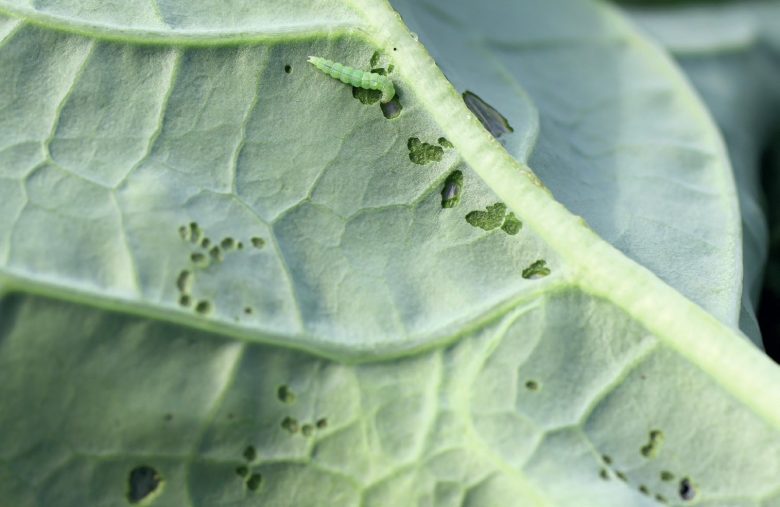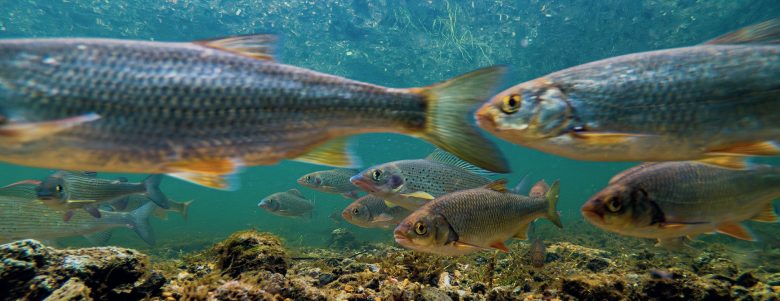
Credible Accurate Reliable Peer-review
When you need to do extra reading for an extended project or to prepare for an interview, it isn’t appealing to head for a scientific journal article filled with jargon. It’s a lot more tempting to turn to a newspaper article with a catchy headline, or a science blog, filled with attractive photos, slang and jokes. But how do you know whether you can trust the information these sources contain? For example, many science media articles focus on how diet and lifestyle choices can affect our health, but they seldom reflect scientific findings and are often exaggerated or biased.
Your organisation does not have access to this article.
Sign up today to give your students the edge they need to achieve their best grades with subject expertise
Subscribe




